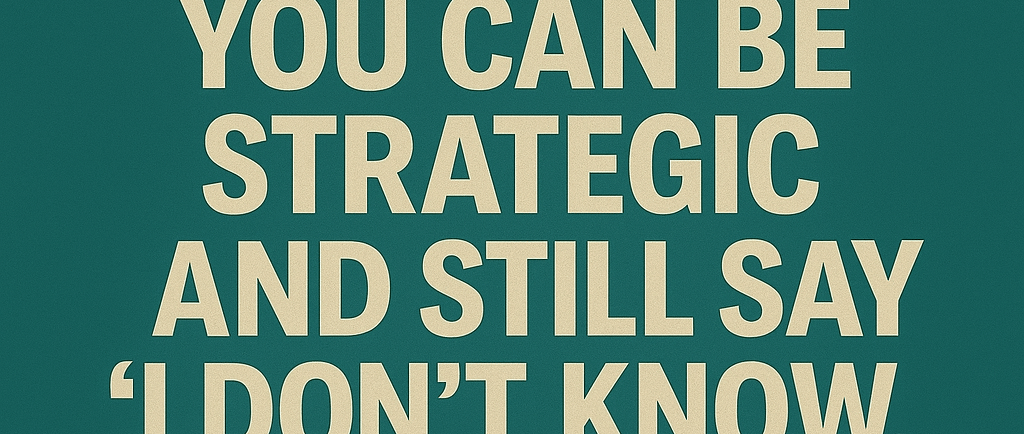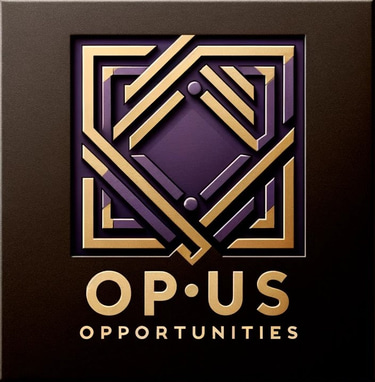You Can Be Strategic and Still Say “I Don’t Know”
Redefining vulnerability as a leadership asset—not a liability
Kamy Charles
7/18/20251 min read


There’s a pressure in many professional environments to always know the answer.
But here’s the truth: pretending to have it all figured out is more dangerous than admitting what you don’t yet understand.
Great leadership isn’t built on perfection—it’s built on honesty and curiosity.
---
1. The Hidden Strength in Saying “I Don’t Know”
When a leader says “I don’t know,” they’re not admitting failure. They’re creating space for:
Innovation
Diverse perspectives
Collective intelligence
That pause can be the spark for smarter decisions and more inclusive problem-solving.
---
2. Why Vulnerability Drives Strategy
Strategic leadership isn’t about knowing everything—it’s about knowing what to prioritize, who to trust, and when to ask better questions.
Here’s what saying “I don’t know” actually signals:
You trust your team
You’re not driven by ego
You’re open to evolving ideas
That’s not weakness. That’s wisdom.
---
3. Create a Culture Where Learning is Leadership
Model it so others can mirror it.
Try these phrases:
“Let’s dig into that together.”
“I’m not sure, but I’ll get back to you with clarity.”
“What are your thoughts? I want to hear more before we decide.”
When you normalize uncertainty, you normalize growth.
---
4. Leading Through Curiosity, Not Control
You don’t need to micromanage your knowledge. You need to lead with curiosity.
The smartest leaders in the room aren’t the ones who talk the most—they’re the ones who ask the best questions.
---
Final Thought: Owning the Gap Is a Power Move
Saying “I don’t know” is not the end of your credibility. It’s the beginning of your alignment.
📣 So what’s something you’re learning to own with more confidence this season?
